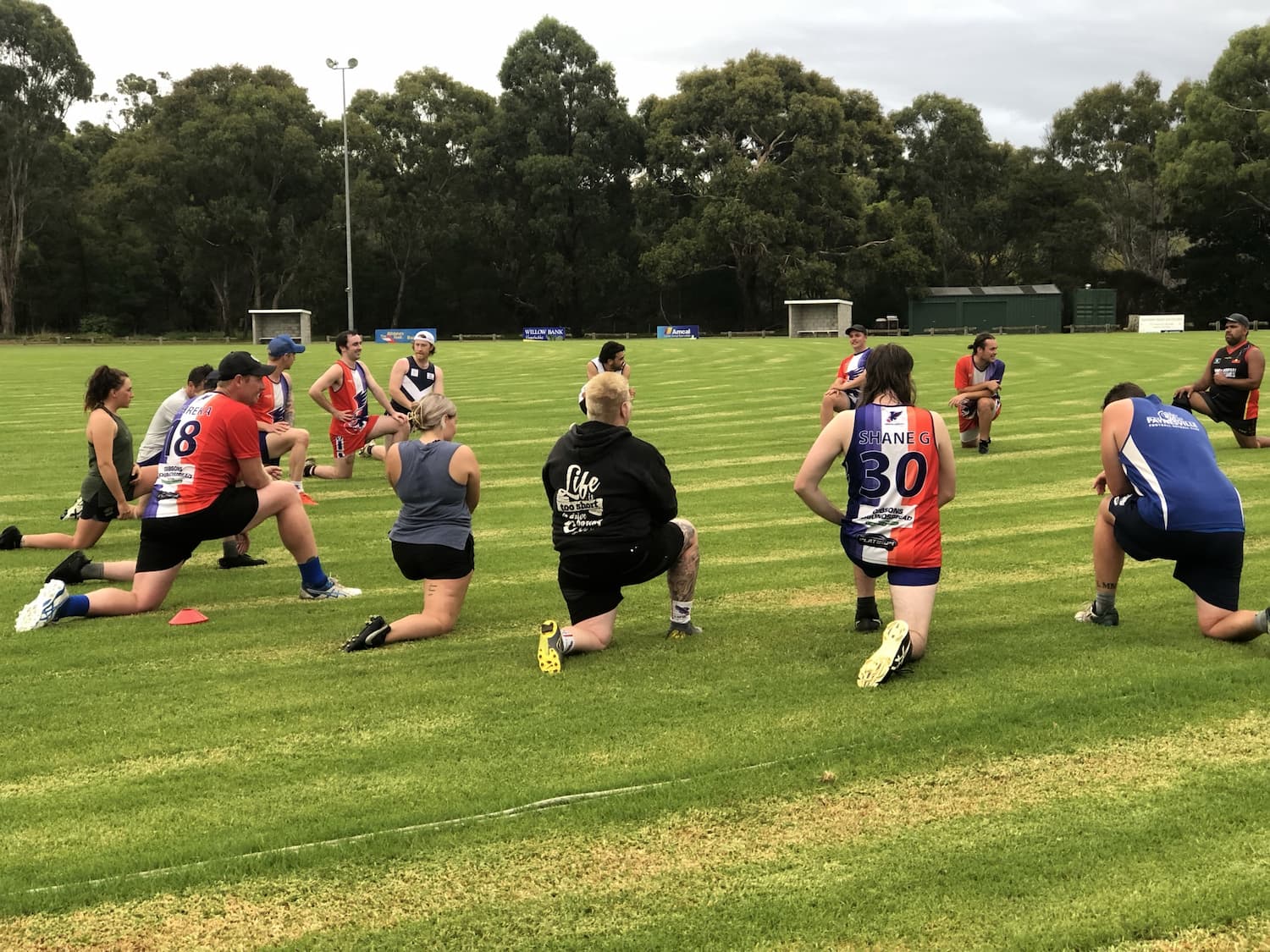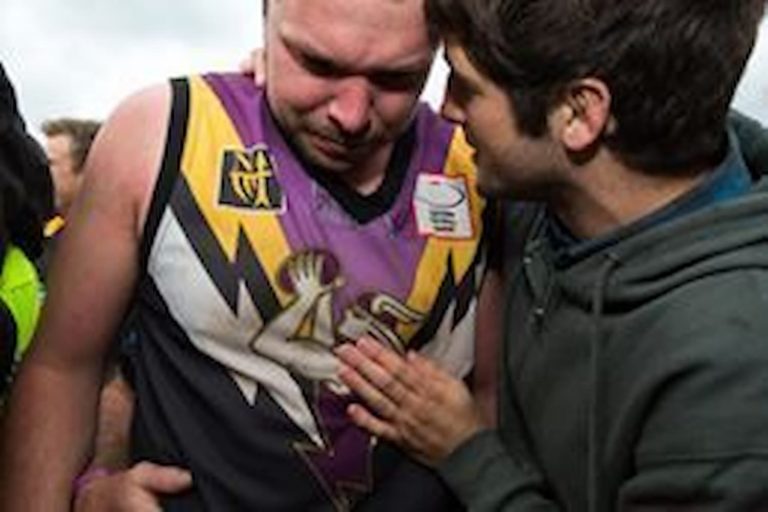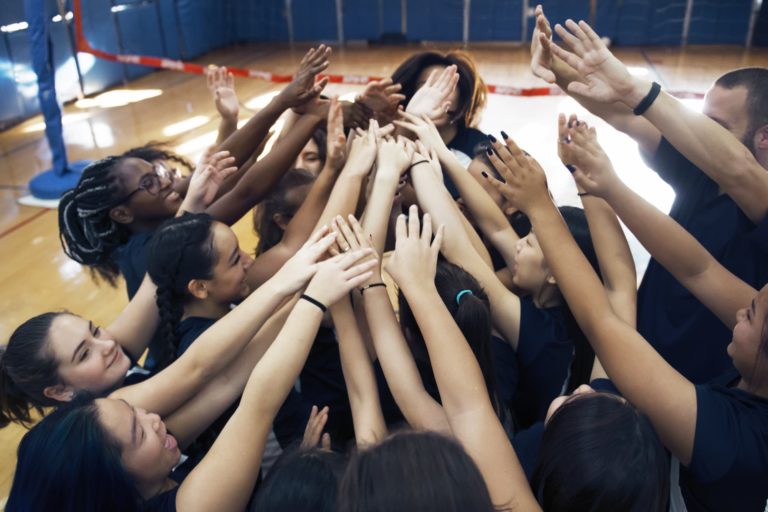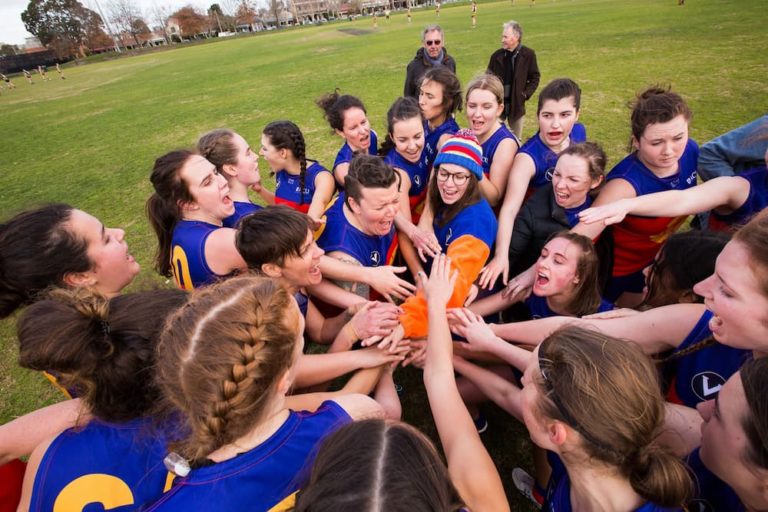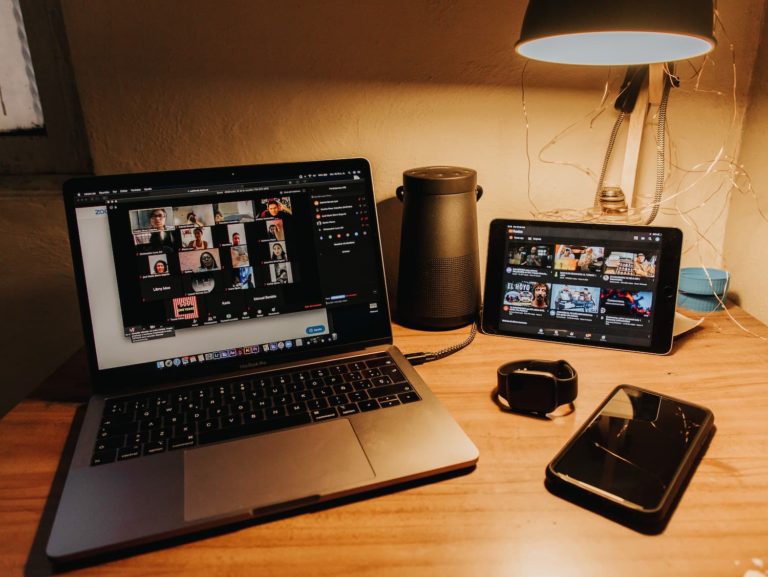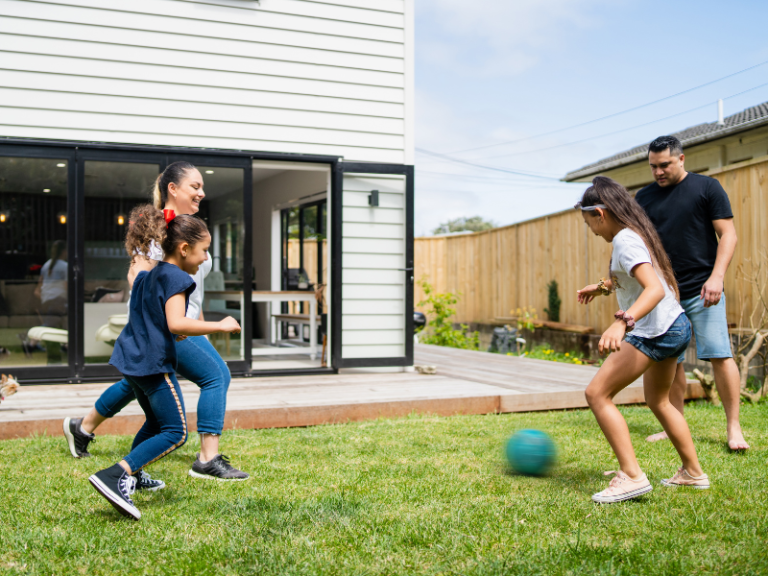It’s full steam ahead for clubs as they plan for next season! In Victoria in particular, it’s important to remember that a few short months ago your players were living under lockdown conditions. Regardless of whether they could go to work or not, their lives have been changed. They have been cut off from their extended families, their friends and their networks that provide support and stability.
As your players come back you will notice changes. Some may have packed on a few kilos and become physically unfit or they may have relied on drugs or alcohol to cope. Some may have suffered ill health, loss of income, a perceived loss of self-worth or just found themselves unable to cope with the uncertainty in their lives. But they have turned up to play, and that’s a great start!
If you are a coach, then it’s important to realise that this season is different. It’s about being flexible, showing understanding, and putting their mental health in front of their physical fitness. It’s not about winning the premiership (although that would be nice), it’s about gluing your team members back together again.
- Be flexible in the physical training goals you set. Some will have retained their fitness, others will be way off. Allow some members to train less often if you see that this is needed.
- Have discreet one-on-one’s with all your team members to try and ascertain how they have fared during 2020 and work out if you need to tailor your approach to them.
- Ask people how they are going. Ask in a way that conveys that you really care and follow up if you get a dismissive “fine” or “okay”. Tell them you care about them and are available.
- Acknowledge achievements. That may be finishing a set training exercise, showing a skill or helping someone else to achieve. Find things to measure and celebrate.
- Set realistic goals and be prepared to revise them. It’s fine to have aspirational goals, but the weekly goals are the ones to focus on. Once achieved, celebrate and set the next one.
- Follow up players who haven’t returned to the club. Reach out to see how they are going, not just to get them back in the club. Try and catch up face to face with them for a coffee. You may get them back to the club, but even if you don’t you’ve shown them you care.
- Plan activities that help the team meet in a relaxed atmosphere. It’s a great time to revise how we socialise. Create environments to swap stories, have a laugh and reconnect.
At SALT we recommend that your club establishes a Wellbeing Team. We have a series of five training sessions that provide leaders with the information they need on how to spot people who may need mental support as well as some tools and strategies to help. We do have some funding still available, which means that some clubs won’t have to pay for this training. Contact SALT to find out more.


